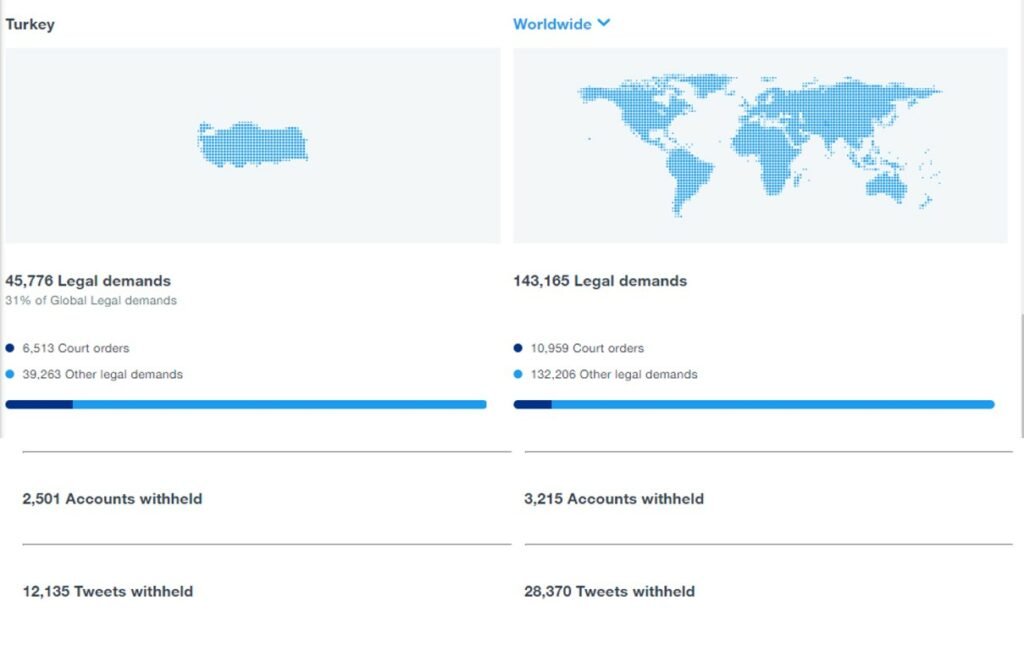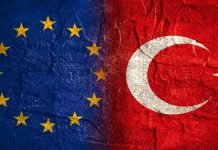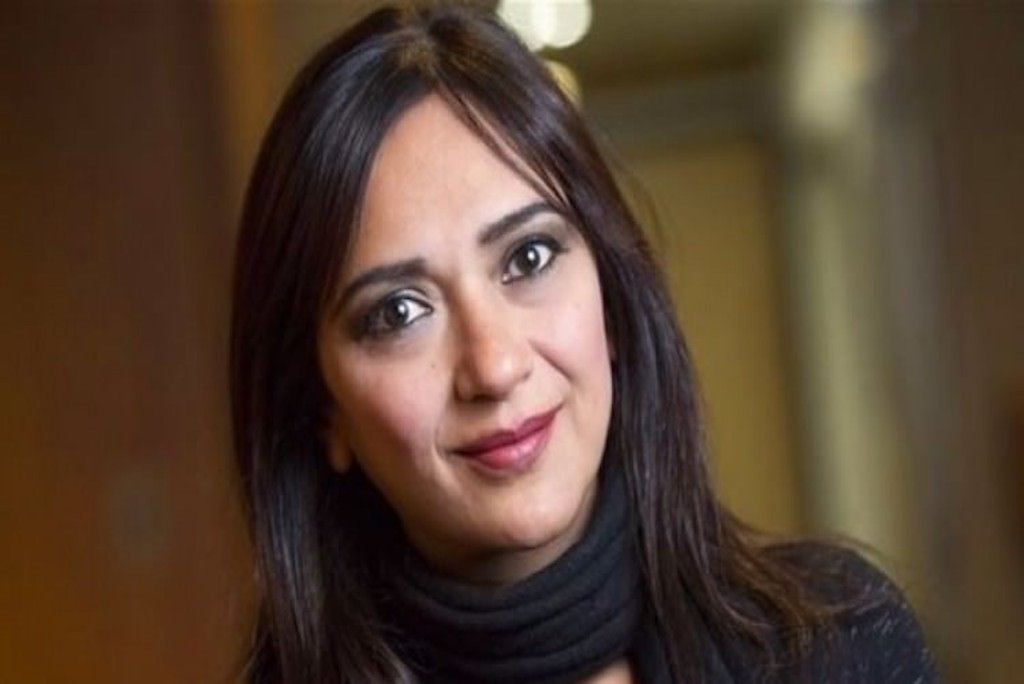Turkey continued to be the worst country in the world in terms of Twitter censorship, with the highest number of third-party takedown requests, court orders, and accounts and tweets withheld, the platform’s latest transparency report shows.
Turkey topped the list of countries in terms of legal demands with 31 percent of all global requests (45,776 requests), followed by Japan with 38,941 requests and Russia, which had 30, 436 combined requests. The numbers reflect cumulative data from 2012 to the end of the first half of 2020.
For the same period, the country also topped the list in terms of the number of court orders with a total of 6,513. Turkey was followed by Russia (2,972) and South Korea (515).
According to the report, of the 3,215 accounts withheld worldwide, 2,501 (77 percent) are from Turkey. In terms of tweets withheld, 12,135 out of a total of 28,370 (42 percent) are from Turkey.

The report says 58 verified journalist and news outlet accounts from around the world were subject to 333 legal demands. The majority of these legal demands originated from India (149) and Turkey (142). Yet, according to research conducted by the EngelliWeb initiative of the Freedom of Expression Association (İFÖD), Twitter refused to close down or withheld the accounts of such media organizations as the Birgün daily and the Sözcü daily as well as journalists Can Dündar and İsmail Saymaz.
Turkey also tops the list in the “other legal demands category,” which are non-court order requests. The country submitted a total of 39,263 requests and is followed by Japan (38,814 requests) and Russia (27,464 requests).
Turkish authorities make an enormous number of take-down and content removal requests from social media companies in violation of freedom of expression and information. According to research carried out by the EngelliWeb initiative, by the end of 2019 Turkey had blocked access to 408,494 websites, 130,000 URLs, 7,000 Twitter accounts, 40,000 tweets, 10,000 YouTube videos and 6,200 pieces of Facebook content.
The Turkish government has been increasing its efforts to exert control over social media. A new social media law drafted for that purpose went into effect on October 1, 2020. The legislation set forth progressive sanctions forcing social media platforms with more than 1 million connections a day to appoint a representative in Turkey with whom the Turkish authorities can resolve problems arising from cases of insult, intimidation and violation of privacy.
The law also obligates social media platforms to respond within 48 hours to complaints about “violations of personal rights” or to judicial orders to remove content. The social network provider that fails to remove offending content within 24 hours after a court ruling will be held responsible for damages incurred by the content. Twitter has not yet appointed a local representative to Turkey despite getting fined for not doing so.
Even before the new law went into effect, Turkish police investigated 14,186 social media accounts in the first seven months of 2020, taking legal action against 6,743 of them on charges of spreading terrorist propaganda, inciting the public to hatred and enmity, instilling fear in and causing panic among the public, or containing provocative content.















